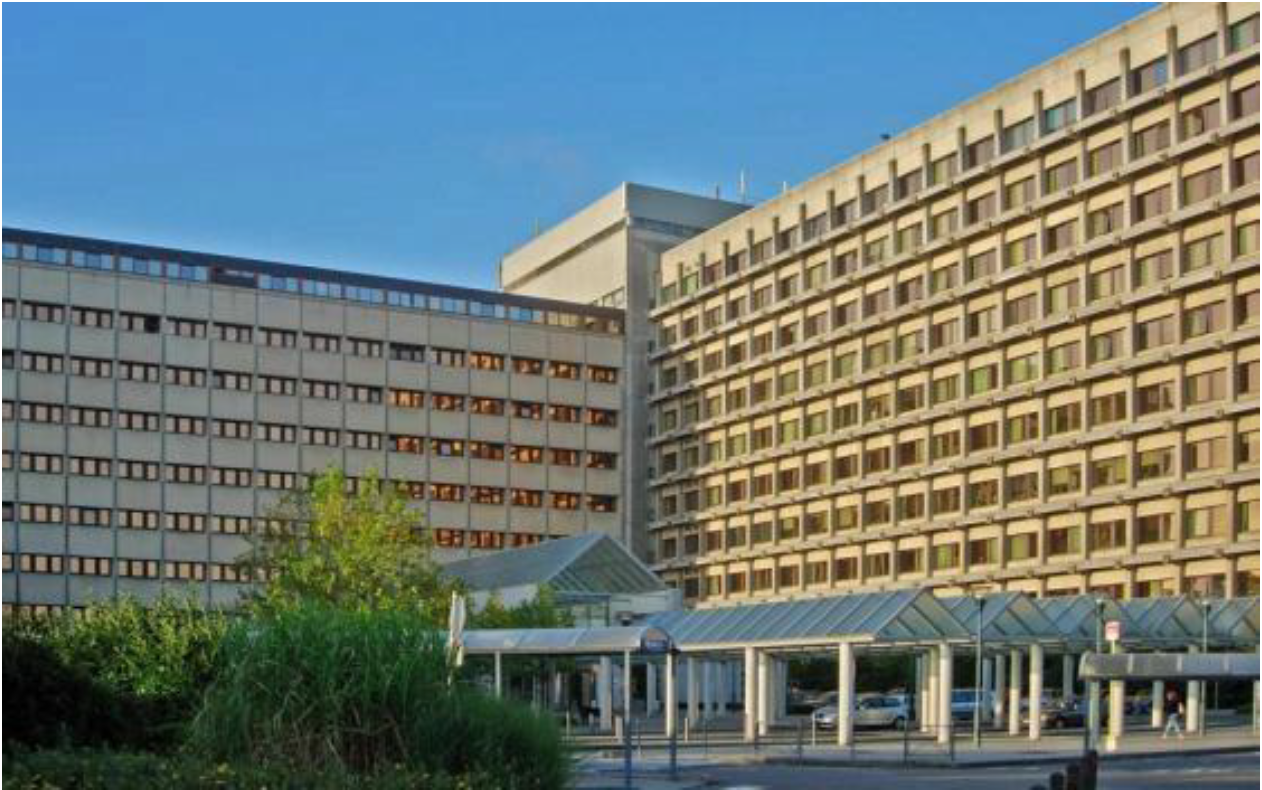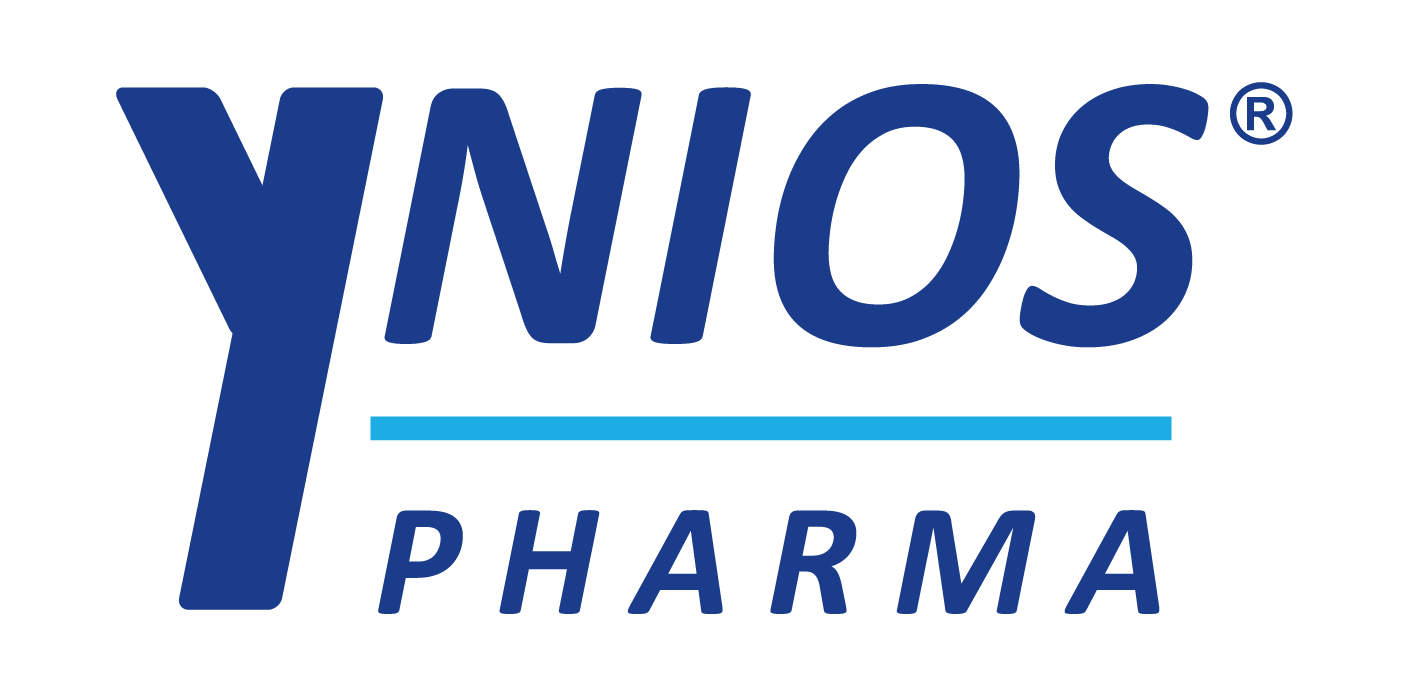The fight against septic shock represents a major global health challenge. Despite intensive research in this field, millions of patients still suffer from this condition every year.
Faced with this alarming reality, a remarkable collaboration has emerged in Belgium. YNIOS Pharma, the International Symposium on Intensive Care and Emergency Medicine (ISICEM) and the Laboratory of Critical Care Unit of ERASME Hospital are exploring new therapeutic approaches and pushing the boundaries in the fight against septic shock.

the Laboratory of Critical Care Unit of ERASME Hospital in Brussels
What is septic shock?
Septic shock is a severe complication that occurs when an infection triggers an uncontrolled inflammatory response throughout the body. This massive inflammatory reaction can lead to the dysfunction of vital organs, putting the patient’s life in serious danger. It represents a critical medical emergency, requiring rapid and precise intervention to increase patients’ chances of survival.
YNIOS Pharma at the forefront of innovation
YNIOS Pharma, a biotechnological startup based in Belgium, is committed to developing a new drug product for the treatment of septic shock. Their goal is to provide effective and well-tolerated therapeutic solutions for patients facing this condition.
At the heart of this initiative lies the compound TAV64. It has been designed to target innate immune pathways by modulating acute systemic inflammatory responses, thus protecting vital organs and promoting faster patient recovery. The compound TAV64 offers new hope for the treatment of septic shock.
Together, we go far
As part of this ambitious project, YNIOS Pharma is collaborating with ISICEM and the Laboratory of Critical Care Unit of ERASME Hospital in Brussels, affiliated with the Université Libre de Bruxelles (ULB).
ISICEM is a non-profit association bringing together intensive care specialists, physicians and professors. Their mission is to improve care for critically ill patients through better clinical management. ISICEM accomplishes this mission by facilitating continuous healthcare personnel training, supporting and encouraging medical research.
This collaboration is led under the experienced guidance of Professor Jean-Louis Vincent, whose expertise is globally recognized in the field of intensive care, and with the participation of a multicultural team of medical professionals.
The three entities work together to push the boundaries of medical research. “L’union fait la force” (“unity is strength”), as they say in Belgium.
Methodological rigor to fight septic shock
This collaboration explores a new protocol for a septic shock model through fecal peritonitis, studying the effectiveness of TAV64 on biomarkers associated with this condition.
Fecal peritonitis occurs when fecal matter enters the abdominal cavity due to a perforation in the lining. When this happens, various parts of the abdominal cavity are often infected, and the infection can escalate into a life-threatening event. By using a sheep fecal peritonitis septic shock model, the research paves the way for the development of an intravenous form of the drug, thus offering hope for patients facing this condition.
The project adopts a rigorous methodological approach, including:
A pilot study on healthy sheep
An initial study on sheep treated for septic shock
An in-depth analysis of the sedation process and biomarkers related to septic shock
A confirmation study with a selection of biomarkers on sheep treated for septic shock
Compound TAV64: driving change in septic shock treatment
The ultimate goal of this collaboration is to acquire essential knowledge for regulatory approval of compound TAV64 as an investigational drug for the treatment of septic shock.
YNIOS Pharma, ISICEM and the Laboratory of Critical Care Unit of ERASME Hospital seek to determine how TAV64 ions can not only improve the survival of patients facing septic shock but also influence the progression of the disease. Additionally, they aim to identify appropriate biomarkers to optimize instant ion perfusion in the context of this treatment.
What does the future hold?
With financial support from the Brussels-Capital Region and the Walloon Region, this research offers a new perspective for the millions of patients affected by septic shock each year.
This 100% Belgian collaboration embodies the commitment and determination of the scientific and medical community to address global health challenges. Through an innovative and collaborative approach, the stage is set for the discovery of new solutions to improve clinical outcomes and save lives worldwide.
RELATED POSTS
